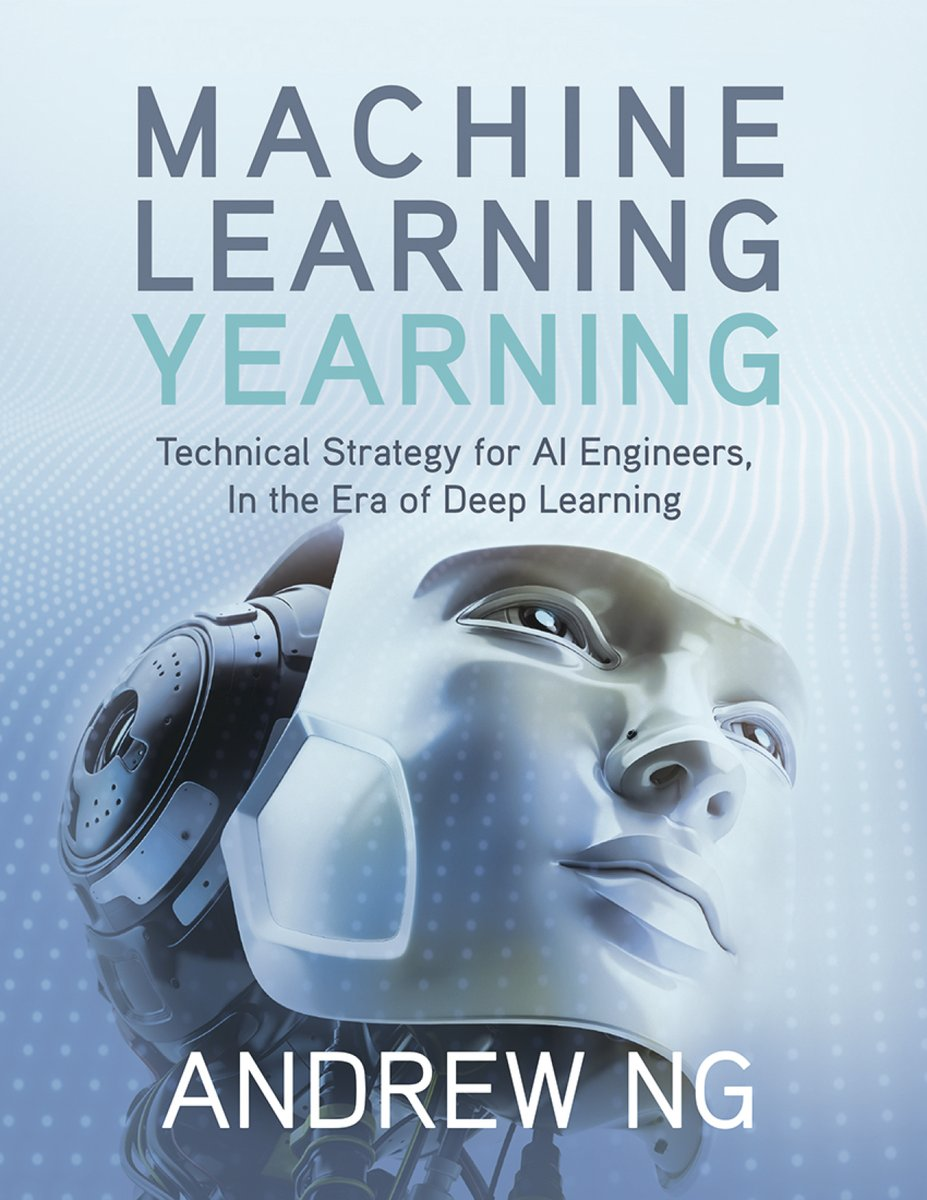Education & JIAF
![]() HOME >
SimEnglog MetaLab >
Education & JIAF
HOME >
SimEnglog MetaLab >
Education & JIAF
Andrew Ng, Machine Learning Yearning관리자작성일 22-04-03 00:00
중국의 주요 검색 엔진인 Baidu의 수석 과학자이자 Google Brain Project의 리더 중 한 명인 앤드류 응Andrew Ng는 Wired Magazine에서 딥 러닝에 대한 멋진 비유를 말했다. 그는 "AI는 로켓을 만드는 것과 비슷하다”며,”거대한 엔진과 많은 연료가 필요하다.“고 말했다.
“엔진이 크지만 연료가 적다면 궤도에 오르지 못한다. 엔진이 작고 연료만 많다면 이륙하지도 못한다. 로켓을 만들려면 거대한 엔진과 많은 연료가 필요하다.”
"딥 러닝에 비유하자면,
로켓 엔진은 딥러닝 모델이고
연료는 이러한 알고리즘에 공급할 수 있는 엄청난 양의 데이터이다."
AI is transforming numerous industries. Machine Learning Yearning, a free ebook from Andrew Ng, teaches you how to structure Machine Learning projects.
This book is focused not on teaching you ML algorithms, but on how to make ML algorithms work. After reading Machine Learning Yearning, you will be able to: Prioritize the most promising directions for an AI project; Diagnose errors in a machine learning system; Build ML in complex settings, such as mismatched training/ test sets; Set up an ML project to compare to and/or surpass human - level performance; Know when and how to apply end-to-end learning, transfer learning, and multi-task learning.
source: https://itbook.store/books/1001590486081
Table of Contents
1 Why Machine Learning Strategy
2 How to use this book to help your team
3 Prerequisites and Notation
4 Scale drives machine learning progress
5 Your development and test sets
6 Your dev and test sets should come from the same distribution
7 How large do the dev/test sets need to be?
8 Establish a single-number evaluation metric for your team to optimize
9 Optimizing and satisficing metrics
10 Having a dev set and metric speeds up iterations
11 When to change dev/test sets and metrics
12 Takeaways: Setting up development and test sets
13 Build your first system quickly, then iterate
14 Error analysis: Look at dev set examples to evaluate ideas
15 Evaluating multiple ideas in parallel during error analysis
16 Cleaning up mislabeled dev and test set examples
17 If you have a large dev set, split it into two subsets, only one of which you look at
18 How big should the Eyeball and Blackbox dev sets be?
19 Takeaways: Basic error analysis
20 Bias and Variance: The two big sources of error
21 Examples of Bias and Variance
22 Comparing to the optimal error rate
23 Addressing Bias and Variance
24 Bias vs. Variance tradeoff
25 Techniques for reducing avoidable bias
.....

 Project Lab
Project Lab Lab.News
Lab.News 
